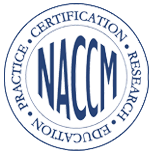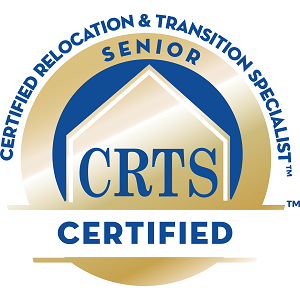Estate Planning Basics: What Seniors (and Their Loved Ones) Need to Know
It can be uncomfortable to think about what will happen after you or your elderly loved one passes away. However, a good, comprehensive estate plan is essential for anybody to determine what will happen to their assets in the event of their passage or incapacitation. Furthermore, it is one of the best things a person can leave behind for their family or beneficiaries.
To learn the basics that will help give seniors peace of mind and confidence knowing their wishes will be carried out, and to decrease stress during a difficult time for family and friends, continue reading.
What is estate planning?
There is a common misconception: that estate planning is only for those with mansions, yachts, or large sums of financial assets. The truth is, almost everyone leaves behind an estate when they die; your “estate” is simply everything that you own. This can include bank accounts, investments, your car, home or other real estate, life insurance, and personal possessions.
Basically, estate planning comprises the collection, creation, and organization of up-to-date legal documents that comprehensively lay out specific directions for everything that one owns (like assets, rights, or licenses), owes (like mortgage payments or debts), and desires (such as medical wishes in the event of incapacitation).
A Last Will and Testament (a legal document that communicates your wishes for the distribution of your assets and who will manage the process) is an essential first step, but an estate plan can go even further in providing guidance to your loved ones about your financial affairs, medical care, and more.
Estate planning can address important goals, such as establishing beneficiaries, setting up power of attorney, allowing someone to make health care decisions on your behalf in certain circumstances where you are unable to make them for yourself, appointing an estate executor, and minimizing taxes for your heirs.
Who needs an estate plan?
While not everyone necessarily needs an estate plan, and a simple will and testament may be enough for some estates, every senior should give serious consideration to estate planning.
Failure to do so can have frustrating consequences; without an estate plan, you can’t designate an executor, appoint a trustee, or legally specify beneficiaries.
There are tax considerations, as well: if the value of your estate exceeds the limit of the federal estate tax exclusion, an estate plan can help minimize your tax liability. (It’s worth noting that when it comes to state estate taxes, your circumstances may vary according to your state of residence, so make sure you are familiar with what your state tax code requires.)
Finally, another critical benefit of an estate plan is that it can help minimize the expense, delay, and loss of privacy that can come with the probate process.
Probate is the court‑monitored process of proving that a will is legally acceptable and appointing the executor or representative who will administer the estate. The process includes notifying heirs, validating the will, collecting assets, paying taxes and creditors, and distributing property to the estate’s beneficiaries.
An estate plan can simplify this process or even avoid it entirely in some cases by creating a revocable living trust — any assets placed in your trust will bypass the probate process.
What Are the 5 Components of a Good Elder Law Estate Plan?
To ensure an estate plan covers the bases, divide it up into the following five manageable components.
- Last Will and Testament: A will, which declares one’s wishes and names an executor (who makes sure those wishes are carried out), is relatively easy to create, and can be updated continuously through one’s lifetime. It should also iclude a list of assets, debts, and beneficiaries. Before naming someone as executor, it’s a good idea to sit down and discuss it with them first.
- Trusts: A trust allows one to transfer assets to a trustee, who holds them on behalf of a beneficiary until the beneficiary is able to claim them. Establishing a trust can offer many benefits, especially in terms of minimizing taxes, and trusts come in multiple forms, such as revocable or irrevocable.
- Power of attorney: This phrase refers to the person one designates to manage one’s affairs in the event of death or incapacitation. This is especially important for people who are single, as the responsibility usually falls on a spouse. If someone fails to appoint a power of attorney, the court will select someone.
- Medical directive: Similar to power of attorney, a medical or healthcare directive identifies the person one wishes to make healthcare decisions on their behalf in the event of incapacitation. Instructions on how one wants their healthcare handled should be included in the will, but an additional document must also designate a healthcare proxy, who makes the decisions.
- Beneficiaries: Finally, an estate plan should designate beneficiaries: individuals or organizations who will inherit one’s estate. A beneficiary designation can supersede a will, so it’s vital to keep it updated each year.
Getting Started with Estate Planning for Seniors
It’s never too early to start the estate planning process. Some good first steps include making a list of assets and debts and reviewing any existing estate planning documents you may already have (such as a will).
You should also make sure all of your paperwork is stored safely, and that someone knows how to access it if need be.
Estate planning is an important, but complex process. Most people who create estate plans do so with the help of an attorney experienced in estate law.
For more tips on estate planning and financial management for seniors, be sure to subscribe to the Reflections mailing list. Click here to sign up today.














